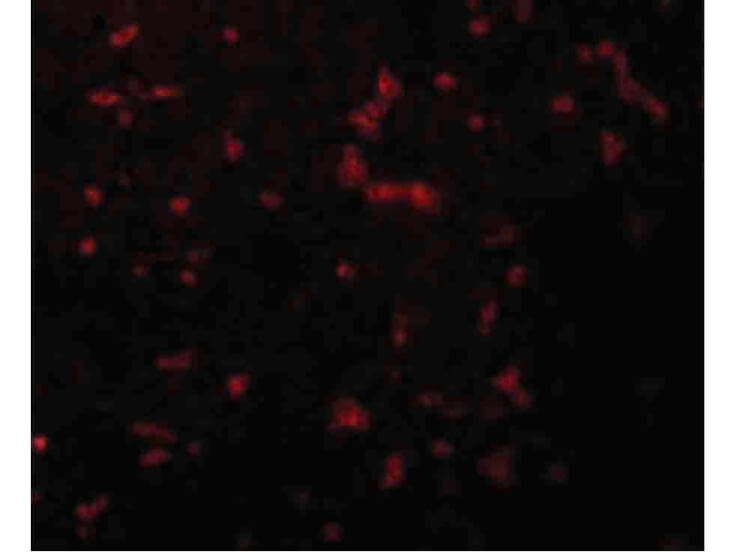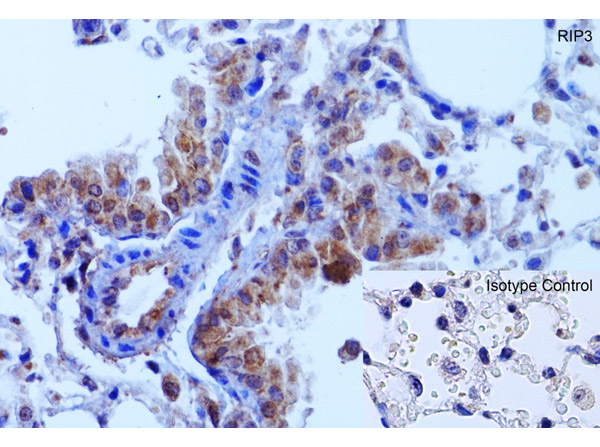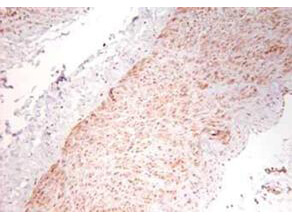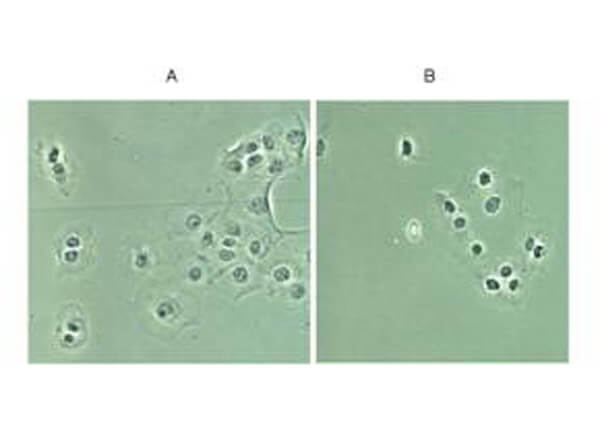Necroptosis and Neuronal Cell Loss in Alzheimer's Disease
The formation of amyloid-β plaques, tau tangles, granulovacuolar neurodegeneration (GVD), and neuronal cell loss are the 4 major hallmarks of Alzheimer's disease (AD). However, it was only recently discovered how neurons actually die in this process. Published in Science, a new study by Balusu et al., 2023 revealed that neurons initiate a form of programmed cell death known as necroptosis when exposed to amyloid-β plaques and tau tangles. With this new insight, the researchers were able to stop this process and thus prevent the progression of the disease.
To identify the mechanism behind neuronal loss in AD, the researchers used a model of xenografted human neurons. They found that 50% of xenografted neurons were lost in their amyloid model without any upregulation of apoptosis- or ferroptosis-related genes. Instead, they found upregulated necroptosis markers such as MLKL, RIPK1, and RIPK3 that co-stained with CK1δ, which marks places of granulovacuolar neurodegeneration. When examining long non-coding RNAs, the authors found 10x increased levels of MEG3, a gene that has been previously linked to cell death2 and neuronal pathologies3. Lentiviral expression of MEG3 resulted in reduced cell viability and elevated levels of necroptosis markers. Using necroptosis inhibitors and CRISPR-mediated deletions of MLKL, RIPK1, and RIPK3, the researchers were able to rescue the phenotype in vitro. In addition, they found that MEG3-expressing neurons showed profiles of NF-κB and TNF signaling, both of which play pivotal roles in the initiation of necroptosis. In vivo experiments with the necroptosis kinase inhibitors ponatinib and dabrafenib lead to an increase in neurons in the amyloid model, which is a further indication of necroptosis being the trigger of cell death in AD.

Figure: Necroptosis Pathway. From the article: "Necroptosis: When Apoptosis Meets Necrosis".
In the study presented here, the authors demonstrate that amyloid plaques can lead to cell loss through necroptosis. Interventions focused on modulating necroptosis, in combination with broader approaches targeting amyloid-β and tau, could serve as valuable additions to ongoing efforts in Alzheimer's disease research. Furthermore, other investigations have indicated that neurodegenerative disorders such as Parkinson's disease (PD) and amyotrophic lateral sclerosis (ALS) may also be amenable to interventions that target the necroptosis pathway.4,5



